Donald Trump’s decision to impose sanctions against the International Criminal Court (ICC) could sound the death knell of this important judicial body. The US president condemned the Court’s “illegitimate and baseless actions targeting America and our close ally Israel.” Trump’s response came after the ICC issued an arrest warrant for Israeli leader Benjamin Netanyahu last November over alleged war crimes in Gaza, as well as a warrant for a Hamas commander.
The ICC, despite its obvious bias in this case, performs a crucial role as the legitimate forum in which genocide and other heinous crimes may be judged and penalized. Established by the Rome Statute in 1998, 125 States have signed up to its jurisdiction.
Its creation reflected the need for a permanent international tribunal to prosecute crimes allegedly committed in the pursuit of war. The Court of eighteen judges elected by member States claims that its main purpose is to help “end impunity for the perpetrators of the most serious crimes of concern to the international community.” It has so far notched up 32 cases, issued 59 arrest warrants.
The latest of these — against Netanyahu — came after the Office of the Prosecutor received a further referral of the situation in the State of Palestine, from South Africa, Bangladesh, Bolivia, Comoros, and Djibouti. On January 18, 2024, the Republic of Chile and the United Mexican State additionally submitted a referral to the Prosecutor with respect to the situation in the State of Palestine.
The Court found reasonable grounds to believe that Netanyahu and Yoav Gallant, the former defense minister, were criminally responsible for acts including murder, persecution, and starvation as a weapon of war as part of a “widespread and systematic attack against the civilian population of Gaza.”
On September 26, 2024, Israel challenged the Court’s jurisdiction over both the situation in Palestine and over Israeli nationals on the basis of Article 19(2) of the Statute. It also requested that the Court order the Prosecution to provide a new notification of the initiation of an investigation to its authorities under Article 18(1) of the Statute, and requested it to halt any proceedings before the Court, including the consideration of the applications for warrants of arrest for Netanyahu and Gallant, submitted by the Prosecution on May 20, 2024.
The ICC held that the acceptance by Israel of the Court’s jurisdiction is not required, as the Court can exercise its jurisdiction on the basis of territorial jurisdiction of Palestine. In addition, pursuant to Article 19(1) of the Statute, States are not entitled to challenge the Court’s jurisdiction under Article 19(2) prior to the issuance of a warrant of arrest. It therefore decided that Israel’s challenge was premature.
There are several critical flaws in the Court’s decision to issue the arrest warrants. The central question of the Court’s jurisdiction was challenged by Israel, but dismissed by the judges in a fairly cavalier fashion. Israel argued that Palestine lacked “the competences required under international law to be able to delegate territorial jurisdiction to the Court.” It cited the Court’s decision in 2021 that issues of territorial jurisdiction may be raised by interested States based on Article 19 of the Statute. It claimed that it is a State from which acceptance of jurisdiction is required under Article 12 of the Statute — even if there is another State which has delegated jurisdiction to the Court for that same situation.
This, it held, was incorrect as a matter of law. “[T]he acceptance by Israel of the Court’s jurisdiction is not required, as the Court can exercise its jurisdiction on the basis of the territorial jurisdiction of Palestine.” In other words, when there is one jurisdictional basis pursuant to Article 12(2)(a) or (b) of the Statute, there is no need for an additional one. This is not an uncontentious point, and it is at least arguable that the Court may lack the authority to issue the warrants against Israeli nationals. An essential principle of public international law is that it is only by virtue of a State’s consent that it is bound by the jurisdiction of an international court. Israel along with the United States, Russia, and China, has not acceded to the Court’s authority.
On the other hand, it is true that the Rome Statute empowers the Security Council to refer crimes of atrocity committed in any country to the Court for investigation. (It referred Sudan to the Court in 2005 in relation to the humanitarian calamity in Darfur, and Libya in 2011. Neither have accepted the Court’s jurisdiction). I submit that these cases may be distinguished from the present situation which involves the prosecution of individual nationals of a State that is not signed up to the Court.
It is also questionable whether food insecurity in a warzone is ineluctable evidence of the commission of a war crime. Indeed, this would be the first time the Court has sought to prosecute this practice. There is also substantial evidence to indicate that the delivery of aid to Gaza has been hampered by the failures of aid agencies, and the looting by Gazans themselves, including, in all probability, armed members of Hamas.
Importantly, the ICC’s jurisdiction is based on the concept of “complementarity”: the principle that its power kicks in only when domestic authorities lack the capacity or inclination to investigate and prosecute alleged offenders. This hardly describes the position in Israel where the independence of prosecutors and courts are not in doubt.
It is not unreasonable to express grave misgivings about the impartiality of the Court (let alone the UN in general). Before issuing the arrest warrants, the Chief Prosecutor, Khan, sought the advice of an “expert panel,” the members of which he personally selected. It has been pointed out that at least one of those members had previously accused Israel of international crimes.
Israel contended that its claim that “Palestine is not a State on the territory of which the alleged conduct occurred is in itself sufficient to make it the sole State whose acceptance of jurisdiction is required.” Israel submitted that all that is required for it to have standing under Article 19(2)(c) is that its claim is prima facie tenable, and that it had an “immediate right” to challenge jurisdiction under Article 19 given the current stage of the proceedings.
The judges rejected the argument that merely because it claims that Palestine could not have delegated jurisdiction to the Court, it would have to ignore its previous binding decision. It took the view that there is a fundamental difference between granting a State standing on the presumptive validity of its claim to have jurisdiction, on the one hand, and one granting it standing on the basis of an argument, already ruled upon, that a particular State Party does not have jurisdiction.
In any event, Israel’s standing was not an issue; the real question, it held, was whether Israel is entitled, or indeed obliged, to challenge its jurisdiction before it has decided on the issuing of warrants of arrest. It decided that it was not entitled to challenge its jurisdiction prior to the issuance of a warrant of arrest or a summons. On December 13, 2024, Israel lodged an “appeal” against the issuing of the warrants.
As a supporter of the ICC, I regret that its credibility has — at a stroke — been grievously diminished by this exercise of prejudice. As a consequence, the sanctions imposed by the Trump administration are likely to emasculate its vital powers. The world’s dictators and terrorists will be jubilant.



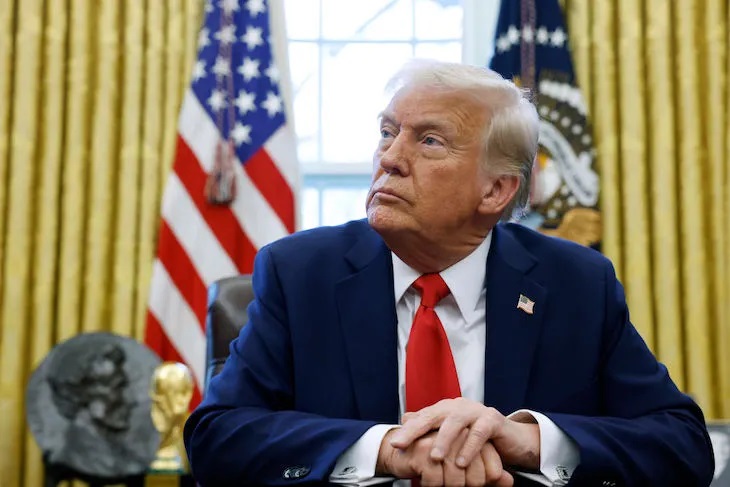






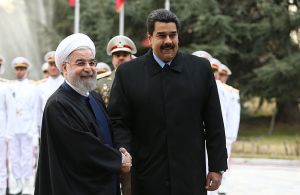
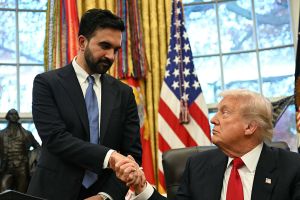
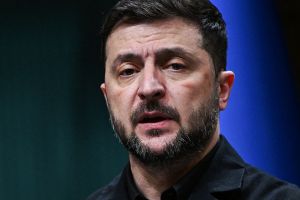


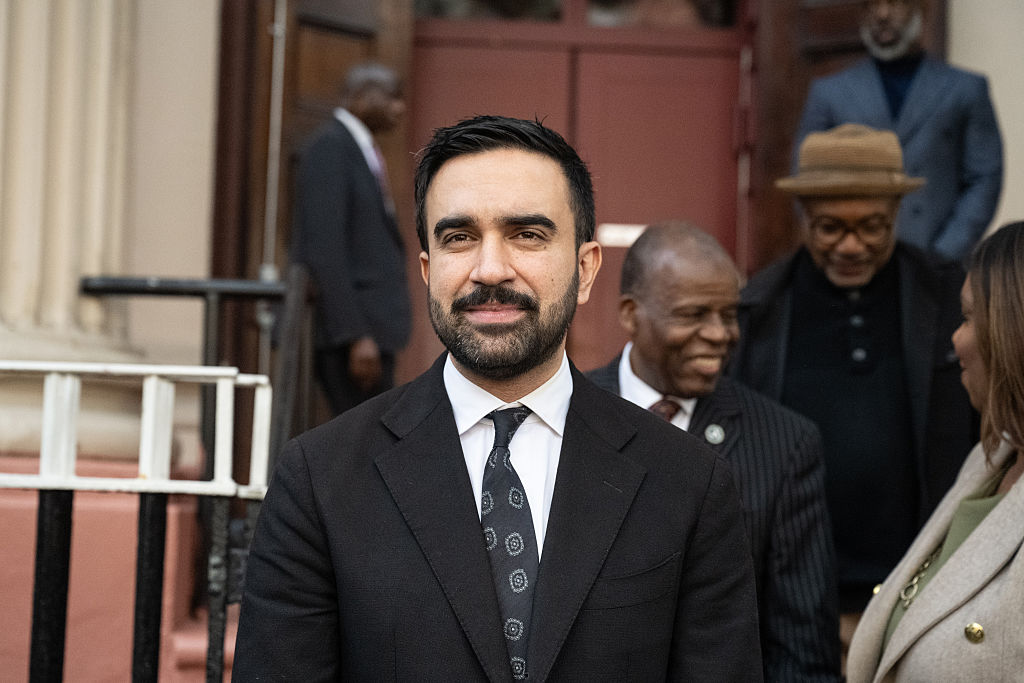










Leave a Reply